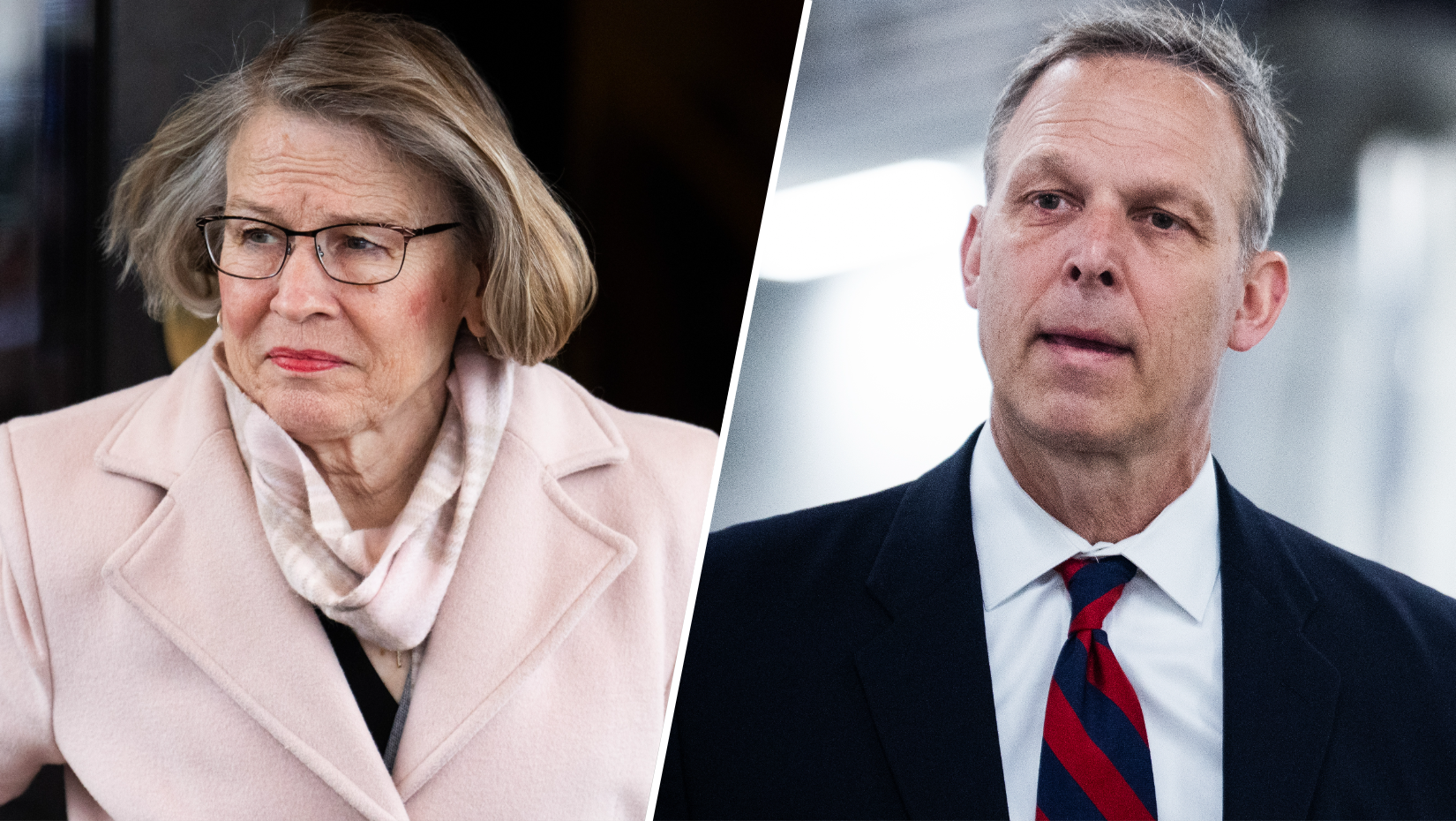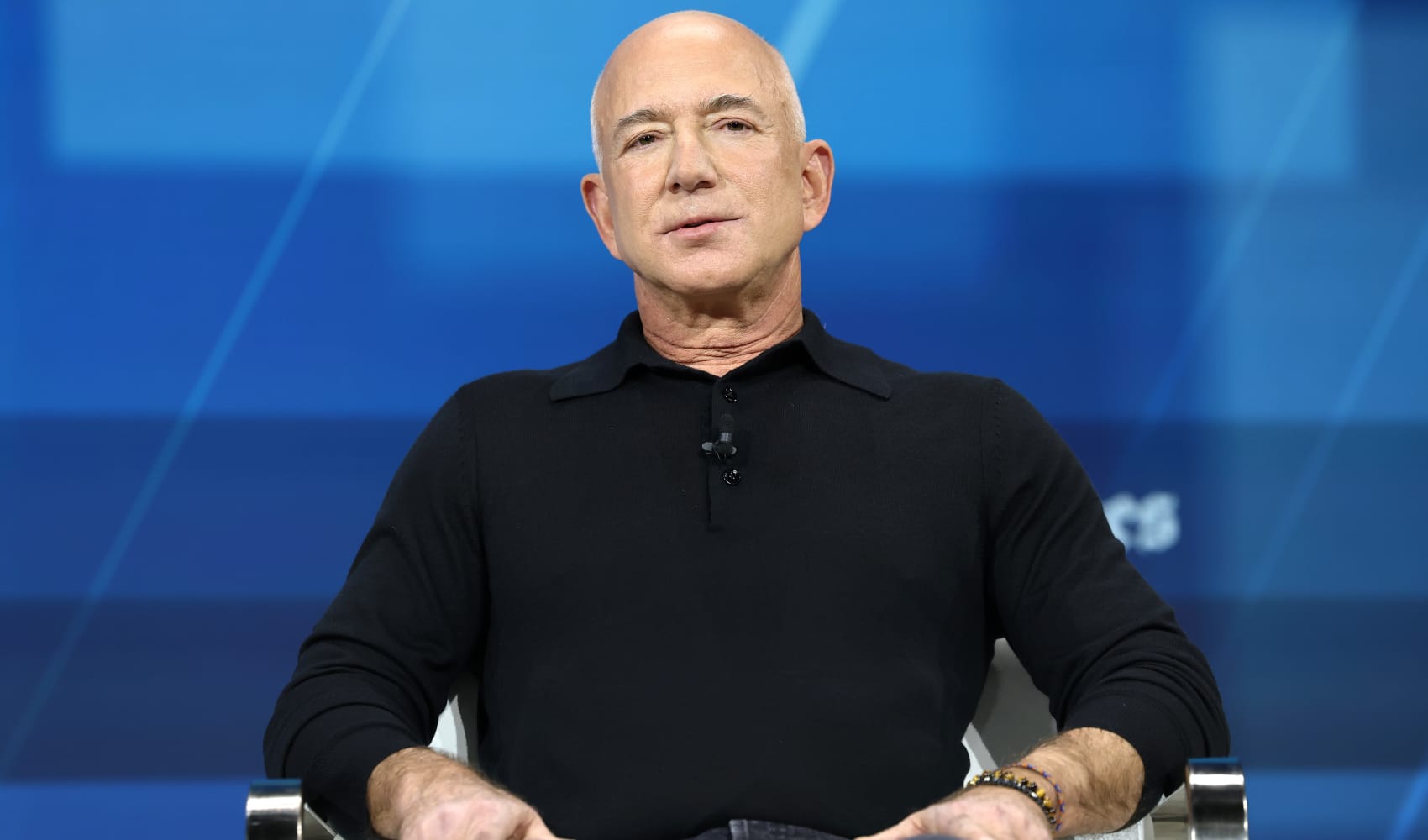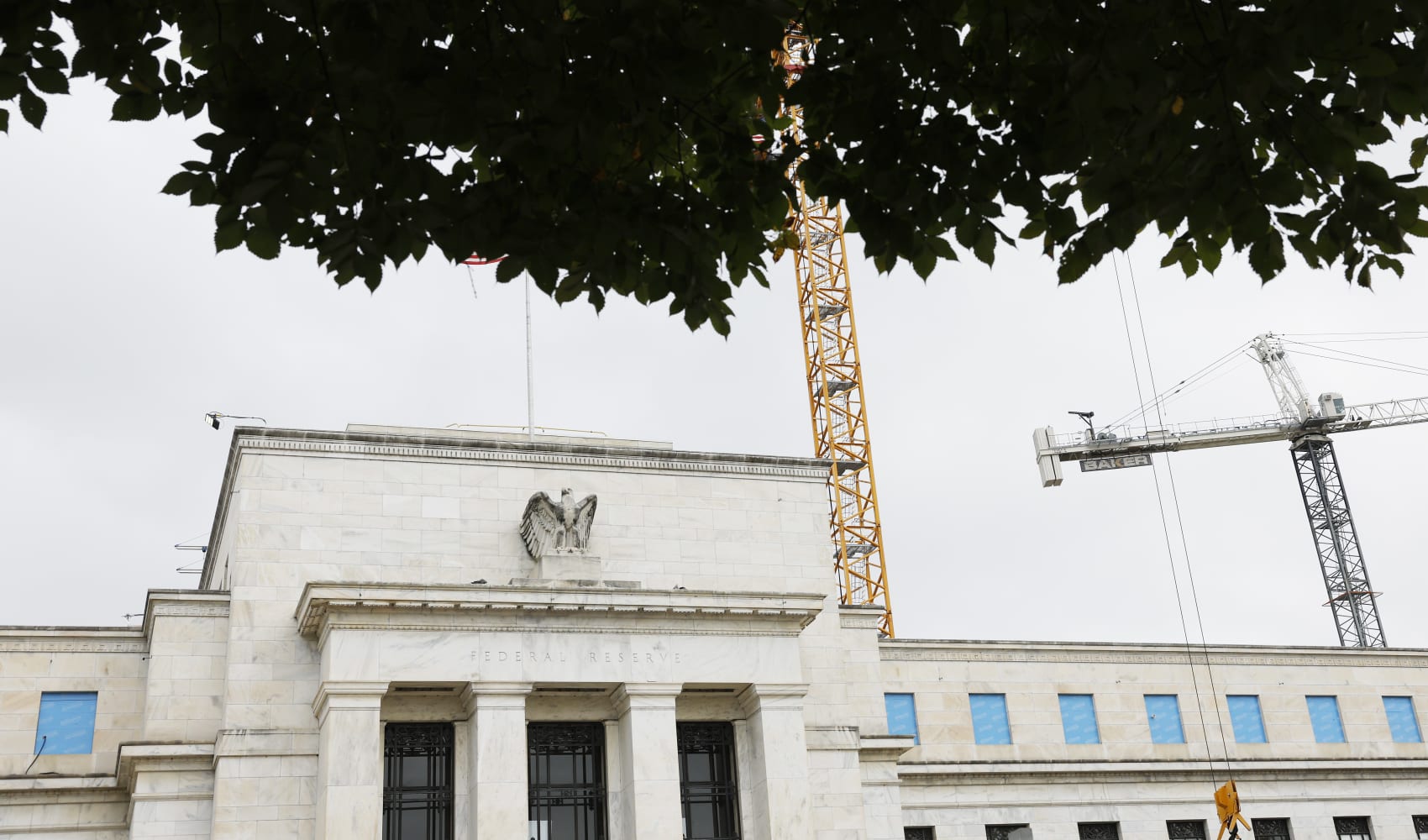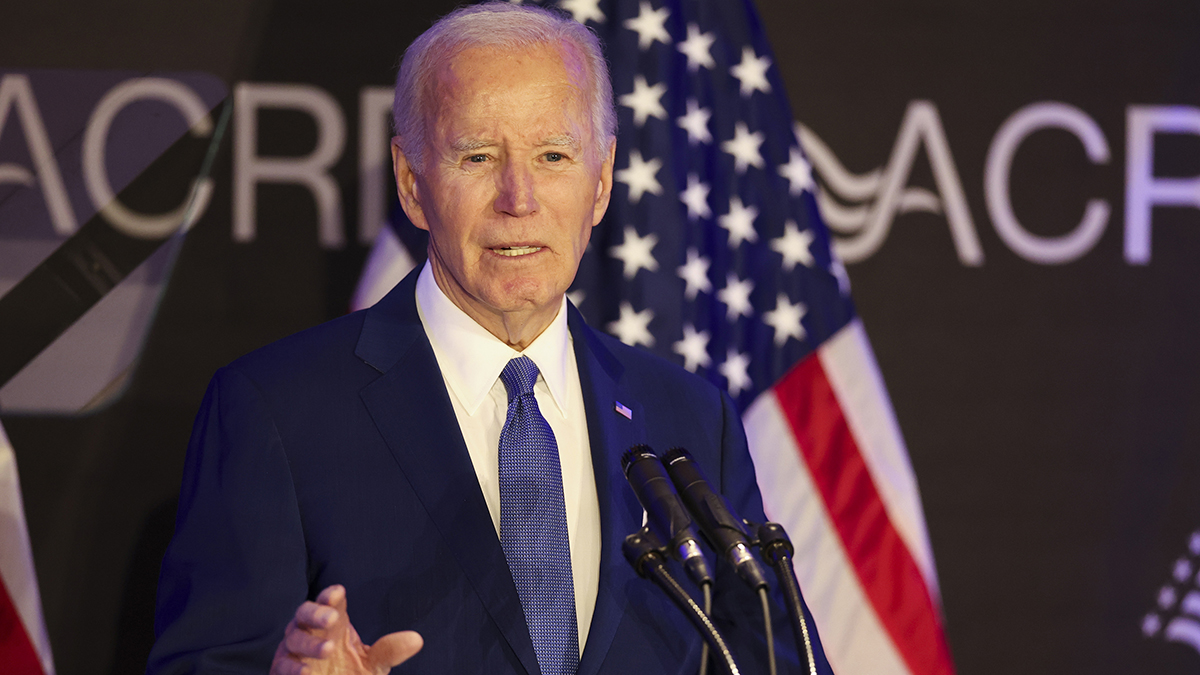Vulnerable Republicans Hiding? Anger Grows Among Constituents
Hiding in Plain Sight: Are Vulnerable Republicans Avoiding Angry Constituents?
Introduction: Where Have All the Republicans Gone?
Ever tried to find a Republican congressman lately, especially one who's considered "vulnerable"? It might be harder than finding a needle in a haystack! We're talking about those representatives who are facing potentially tough re-election battles, especially in the wake of shifting political landscapes and, let's be honest, the ongoing fallout from the Trump era. Are they deliberately making themselves scarce? It seems like some are adopting a strategy of disappearing act, a political Houdini move to avoid facing the music – or, in this case, the music of angry constituents. But is this a smart move, or is it just delaying the inevitable?
The Case of Congressman Perry: An Example of Elusive Representation
Take, for instance, the curious case of U.S. Rep. Scott Perry. For many days over the past couple of weeks, his phone lines were eerily silent – no ringing, no voicemail, just… nothing. And if you were hoping to catch him at a public event? Good luck! His team seems to be operating under a cloak of secrecy, revealing details only after the events have concluded. Even loyal supporters in his central Pennsylvania district are struggling to remember the last time he actually hosted a good, old-fashioned town hall. Was this an isolated incident, or is it a sign of a wider trend?
The Locked Door and the Intercom: A Symbol of Inaccessibility?
The Associated Press even tried to pay a visit to his district office in Mechanicsburg. But alas, the door remained firmly locked. When they rang the bell, a voice crackled through the intercom, stating, "I don’t have any public appearance information that I can provide.” It's like trying to get into a speakeasy without the password! Is this a sign of genuine security concerns, or a symptom of a deeper reluctance to engage with the very people he's supposed to represent?
The 17-Day Recess: A Time for Constituents, or a Time for Hiding?
The U.S. House recently concluded a 17-day recess, a period typically earmarked as a "district work period." This is prime time for members of Congress to return to their home districts and reconnect with their constituents, listen to their concerns, and address their needs. But it seems some of the more vulnerable Republicans chose a different path. Instead of embracing the opportunity to engage, they appeared to limit their potential exposure to the potential backlash from President Donald Trump’s first months in office.
Embracing the Strategy of... Seclusion?
So, what's going on here? Are these Republicans deliberately avoiding their constituents? Are they so afraid of facing tough questions and angry voices that they're willing to sacrifice transparency and accessibility? It's a bold strategy, Cotton, let's see if it pays off for them. But, what exactly is the strategy?
The "Stealth Republican" Approach: Is it Sustainable?
One possible explanation is the "Stealth Republican" approach. It suggests that these politicians believe that minimizing their public profile and avoiding potentially contentious interactions is the best way to navigate a volatile political climate. The idea is to lie low, avoid controversy, and hope that the storm passes before the next election cycle. It's like hiding under the covers during a thunderstorm, hoping it will just go away. But is this a sustainable strategy? Can you really represent your constituents effectively if you're actively avoiding them?
The Trump Factor: A Political Hot Potato
There's no denying the "Trump factor" plays a significant role in this phenomenon. For many vulnerable Republicans, aligning too closely with Trump can alienate moderate voters, while distancing themselves too much can anger their base. It's a political tightrope walk with no safety net. The shadow of Trump looms large, casting a long and complicated shadow over the Republican party.
Walking the Tightrope: How to Balance Loyalty and Independence
Navigating this political landscape requires a delicate balancing act. Republicans need to demonstrate loyalty to their party and its core principles while also maintaining a degree of independence and critical thinking. It's about finding that sweet spot where you can appeal to a broad range of voters without compromising your values. But finding that sweet spot is like trying to find a specific grain of sand on a beach.
The Risks of Isolation: Alienating the Base and the Moderates
While the "Stealth Republican" approach might seem like a safe bet in the short term, it carries significant risks. By avoiding public engagement, these representatives risk alienating both their base and moderate voters. The base might see it as a sign of weakness, while moderates might perceive it as a lack of transparency and accountability. What do you have when you alienate your base and moderates? Nothing, that's what!
The Danger of Appearing Out of Touch: The Echo Chamber Effect
Furthermore, by isolating themselves, these Republicans risk falling into an echo chamber, where they only hear opinions that reinforce their existing beliefs. This can lead to a disconnect from the concerns and priorities of their constituents, making them appear out of touch and unresponsive. It's like living in a bubble, where the outside world is filtered and distorted. Not good.
The Call for Transparency and Accountability: Voters Demand Answers
In a democracy, transparency and accountability are paramount. Voters have a right to know where their representatives stand on important issues and to hold them accountable for their actions. By avoiding public engagement, these Republicans are undermining the very foundations of our democratic system. Voters are increasingly demanding transparency and accountability from their elected officials, and they're not afraid to make their voices heard.
Alternative Strategies: Embracing Dialogue and Debate
So, what's the alternative to hiding in plain sight? Instead of avoiding tough questions and angry voices, Republicans should embrace dialogue and debate. They should actively seek out opportunities to engage with their constituents, listen to their concerns, and address their questions head-on. It might be uncomfortable, but it's essential for building trust and fostering a healthy relationship between elected officials and the people they represent.
Town Halls, Forums, and Online Engagement: Reaching Out to Constituents
There are many ways to reach out to constituents, including town halls, forums, online engagement, and even good old-fashioned door-knocking. The key is to be accessible, transparent, and willing to listen to different perspectives. It's about creating a space for respectful dialogue and finding common ground, even when disagreements exist.
The Future of the Republican Party: A Crossroads Moment
The Republican party is at a crossroads. It can either continue down the path of isolation and division, or it can choose a different path, one that embraces dialogue, transparency, and accountability. The choice is theirs. But one thing is certain: the future of the Republican party depends on its ability to reconnect with the American people and address their concerns in a meaningful way.
The Long-Term Consequences: Eroding Trust and Damaging Democracy
The long-term consequences of avoiding constituent engagement can be severe. It can erode trust in government, damage democracy, and ultimately lead to political instability. When people feel that their voices are not being heard, they become disillusioned and disengaged, which can have far-reaching implications for society as a whole. Democracy thrives on engagement, not avoidance.
Conclusion: The Importance of Open Communication
In conclusion, the trend of vulnerable House Republicans seemingly avoiding their constituents is a concerning development. While the motivations may be understandable, the long-term consequences of such a strategy are potentially damaging. Transparency, accountability, and open communication are essential for a healthy democracy, and elected officials have a responsibility to engage with the people they represent, even when it's uncomfortable. Embracing dialogue and debate, rather than hiding from it, is the best way to build trust, foster understanding, and create a better future for all.
Frequently Asked Questions (FAQs)
Here are some frequently asked questions about the situation:
- Why are some Republicans avoiding their constituents?
Some speculate it's to avoid backlash from controversial policies or association with divisive figures, like former President Trump. It's a strategy to minimize exposure and avoid alienating voters. - What are the risks of this strategy?
Alienating both the base and moderate voters, appearing out of touch, and eroding trust in government are all potential risks. It can also lead to a disconnect from constituents' actual needs. - What can voters do if their representatives are inaccessible?
Organize, attend town halls if available, contact their offices via phone and email, and most importantly, vote in the next election. Holding representatives accountable is crucial. - Are there any Republicans who are actively engaging with their constituents?
Yes, many Republicans actively engage with their constituents through town halls, forums, and online platforms. It varies greatly by individual representative. - What impact could this have on the next election cycle?
Lack of engagement could lead to lower voter turnout among the affected representatives' bases, and could lead to those voters switching to a different candidate who is engaging in the process.









